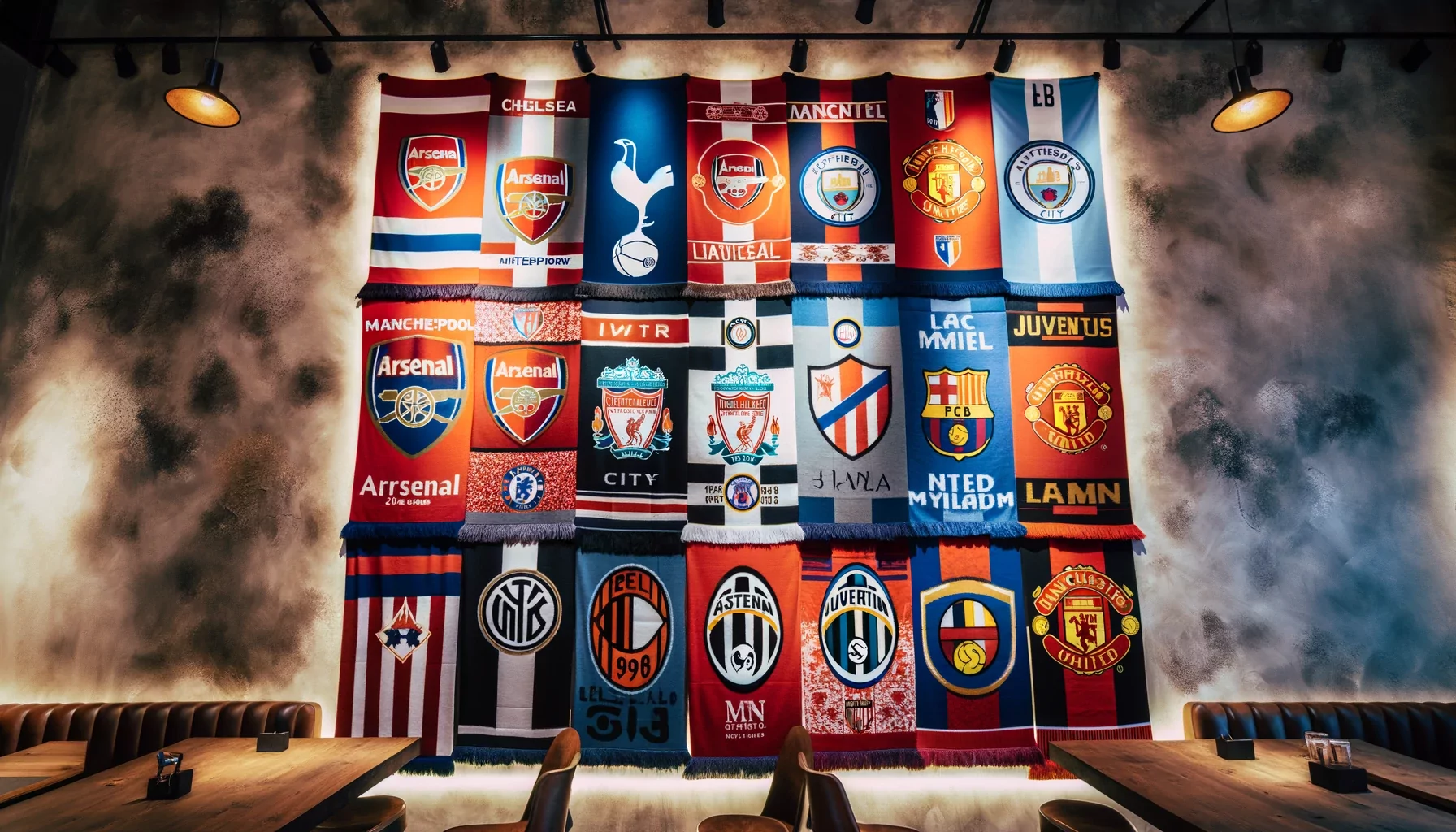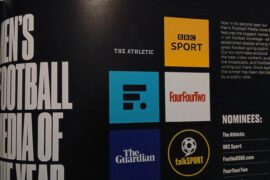The European Court of Justice’s ruling against UEFA’s control over new football competitions breathes new life into the European Super League, reshaping the sport’s governance landscape
Judges Rule Against UEFA’s Restrictions on European Super League Formation
The long-standing impasse over the European Super League (ESL) has taken a significant turn. The Grand Chamber of the European Court of Justice has ruled that UEFA’s regulations, which previously thwarted the league’s formation, are in breach of EU competition law. This ruling, a pivotal moment in football governance, suggests a shifting landscape, echoing themes previously discussed in “European Super League: New Format, Same Putrid Stench” on BarrieJarrett.com.
Court’s Stance Against UEFA and FIFA’s Regulatory Control
The court emphasised that the rules granting UEFA and FIFA the right to approve new competitions were contrary to EU law. It was explicitly stated that “there is no framework for the FIFA and UEFA rules ensuring that they are transparent, objective, non-discriminatory, and proportionate.” This judgement mirrors concerns raised in the article “European Super League Revival: Court Victory Sparks Debate,” highlighting issues of transparency and fairness in football’s governing bodies.
Impact on the Original European Super League Plan
The original ESL plan, announced in April 2021 by twelve leading clubs, including the Premier League’s ‘Big Six,’ faced swift collapse under intense public and institutional pressure. However, this new legal development could reignite plans for such a league. The court observed the economic nature of interclub football competitions and media rights, recognising their need to comply with competition rules.
A22’s Response and Future Plans for the ESL
Bernd Reichart, CEO of Super League promoters A22, hailed the decision as a victory for competition in football, declaring, “The UEFA monopoly is over. Football is free.” His pledge of “free viewing” for Super League matches adds a new dimension to the conversation about accessibility in football, a topic that has been central to the debate around the league’s formation.
UEFA’s Position and the Court’s Observations
The court found UEFA and FIFA’s control over the market and media rights to be excessive and harmful to European football clubs and media companies. This echoes sentiments expressed in my previous articles, where the potential stifling of innovation and competition in football was a key concern.
Looking Ahead: The ESL’s Prospects and Challenges
While the court’s ruling does not automatically sanction the specific Super League project proposed in 2021, it does pave the way for a reimagined format. The case will now return to the Madrid commercial court for further decisions. The future of the ESL remains a narrative of ongoing debate and speculation as it seeks to emerge from the shadow of its controversial past.
Overview of the Original European Super League Proposal
The original Super League plans, unveiled in April 2021, were ambitious and contentious from the outset. The league was set to feature six Premier League giants – Arsenal, Chelsea, Liverpool, Manchester City, Manchester United, and Tottenham Hotspur. These English clubs were to be joined by an illustrious European contingent comprising AC Milan, Atletico Madrid, Barcelona, Inter Milan, Juventus, and Real Madrid, all as founding members. This consortium of 12 clubs represented the pinnacle of European football, poised to create a seismic shift in the sport’s competitive landscape.
The proposal, however, was met with immediate and widespread backlash from fans, football authorities, and even government bodies. The plan quickly disintegrated amid this uproar, leading to a reevaluation of the concept and the eventual legal battles that have recently culminated in the European Court of Justice’s ruling.
Conclusion
This recent development signals a significant moment in the history of European football. It raises questions about the balance of power in the sport and the future of club competitions. As the ESL’s proponents and detractors brace for the next chapter in this saga, the football community watches with bated breath.






